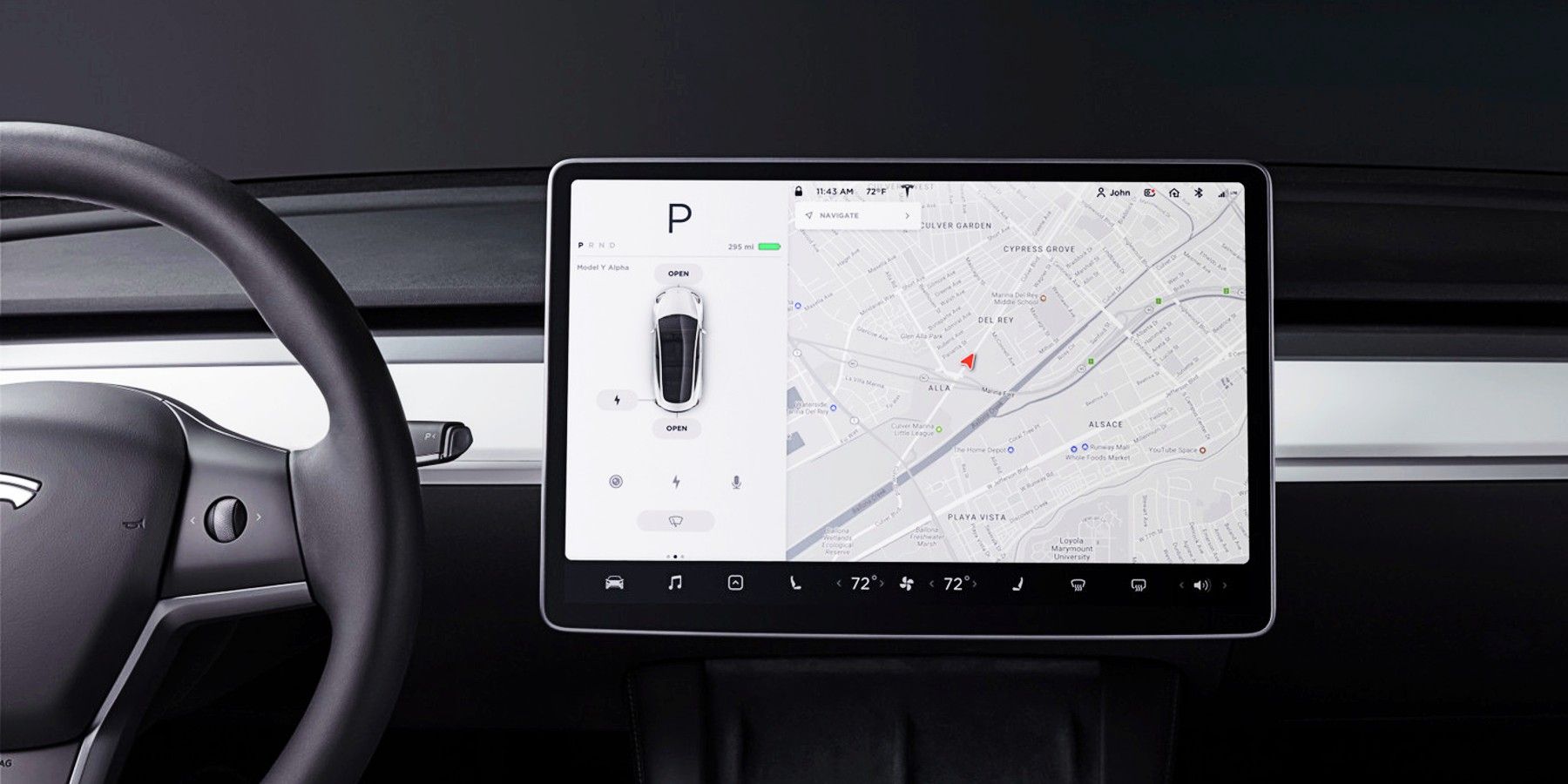Tesla is recalling more than 800,000 vehicles due to a seat belt warning system failure. The recall comes just days after Tesla recalled more than 53,000 cars over the controversial “rolling stops” ability added with a recent Full Self-Driving beta software update. Last year, Tesla reached a record year delivering almost one million cars, and at a time when it is struggling to keep up with the demand.
The EV market has seen the arrival of some new players recently, with well-established brands like GM, Ford, Hyundai, Porsche, and others jumping in. However, Tesla remains the go-to EV brand for many. The company’s reputation for constantly innovating continues to fuel its appeal and it remains a leader in charging with its supercharger network. In spite of all of its success, there have been challenges as well.
In its latest Tesla safety report, the National Highway and Traffic Safety Administration (NHTSA) disclosed that 817,143 cars are being recalled. The recall includes all 2017-2022 Model 3 and 2020-2022 Model Y cars, as well as 2021-2022 Model S and Model X vehicles. The cause is a strange glitch in the audible seat belt reminder chime. To meet safety standards cars must notify drivers, with audible and visual cues, that they need to buckle up. However, under some conditions the affected Tesla cars skip the audible reminder altogether. Tesla voluntarily submitted a recall which will happen with an over-the-air OTA update. In other words, owners won’t need to bring the vehicle in for service.
Tesla’s Safety Belt Alarm Glitch

The Tesla seatbelt warning safety glitch happens when a driver starts up the engine and the seat belt reminder activates but the driver interrupts the drive (and exits the vehicle) without buckling up. When the driver returns to the vehicle, creating a new drive cycle, surprisingly the seat belt warning does not go off. The car will, however, reactive the chime reminder once the car speed is over 22 km/h and the driver has still not buckled up. The visual reminder for the seatbelt is not affected by the glitch, but the NHTSA does explain that the error could be a safety risk for drivers.
In December, Tesla recalled almost half a million cars due to front trunk failures. In November, Tesla issued a recall for more than 11,000 vehicles due to failures with the automatic emergency brake system. While many might be surprised by the frequency of Tesla recalls, it is not altogether surprising. The chip shortage, labor shortages, lockdowns, and record orders, have all stressed car makers. Additionally, car recalls are more normal than many might expect. In 2020 there were a total of 83.2 million cars recalled, which translates to one in four vehicles on US roads.
Mercedes Benz, GM, Kia, Mitsubishi, Nissan, Ford, Hyundai, Chevrolet, Jeep, Bugatti, and many others have already been the subject of recalls this year. The various issues have included deactivated airbags, fuel leaks, emergency call failures, roll-away risks, tire cracking, among other problems. Of course, this ‘recall normality’ does not justify Tesla’s increased number of recalls, as road safety is and should always remain a priority.




